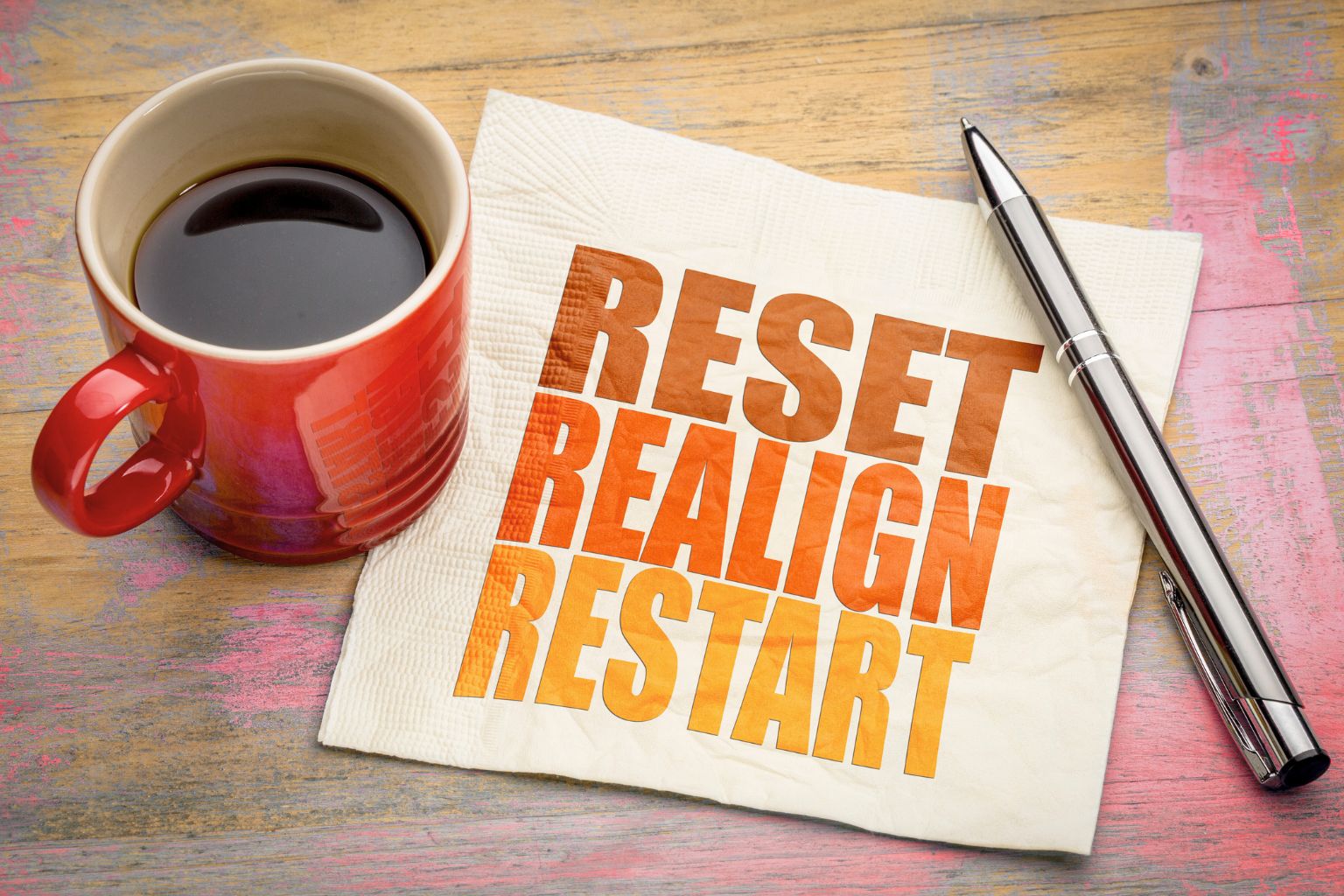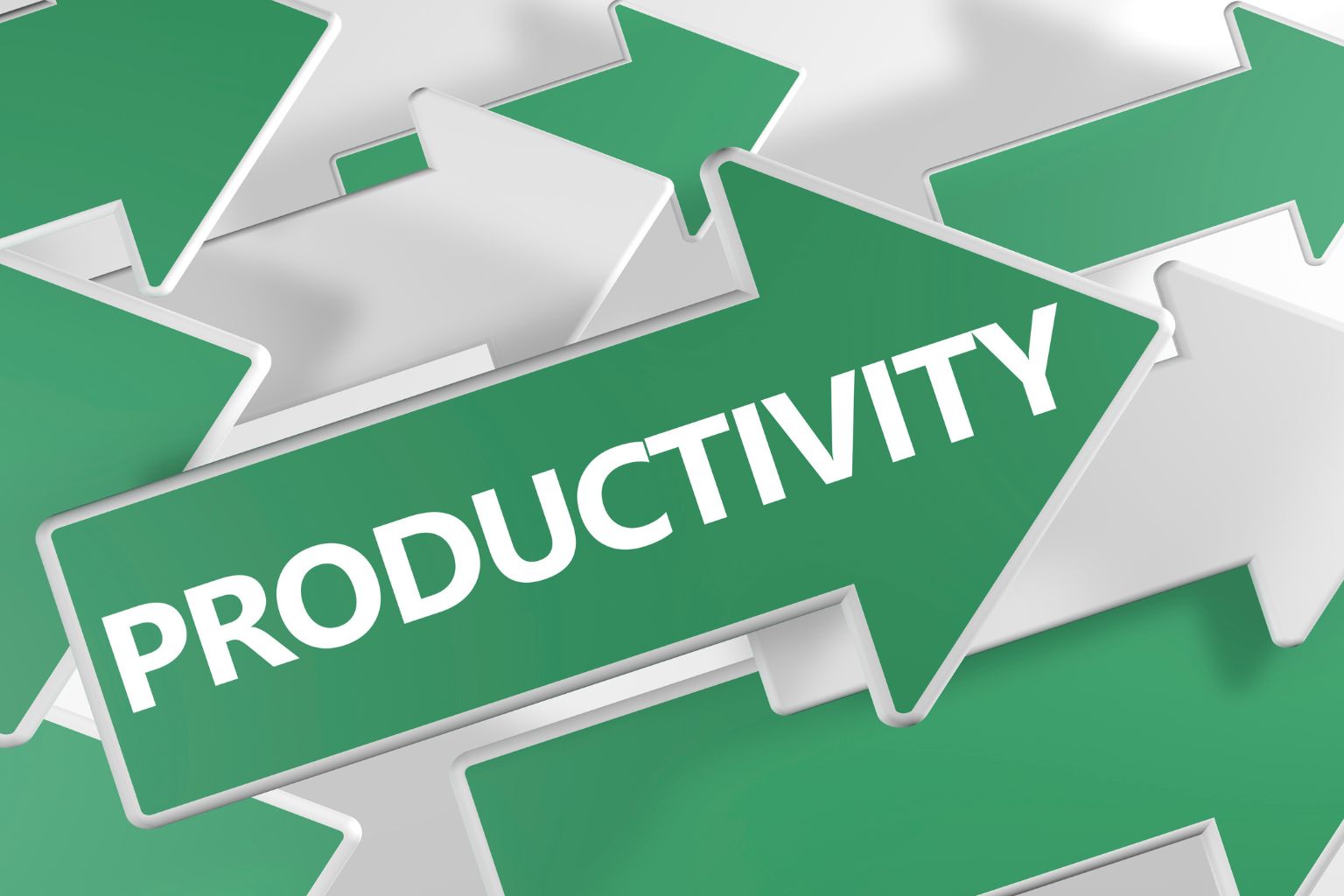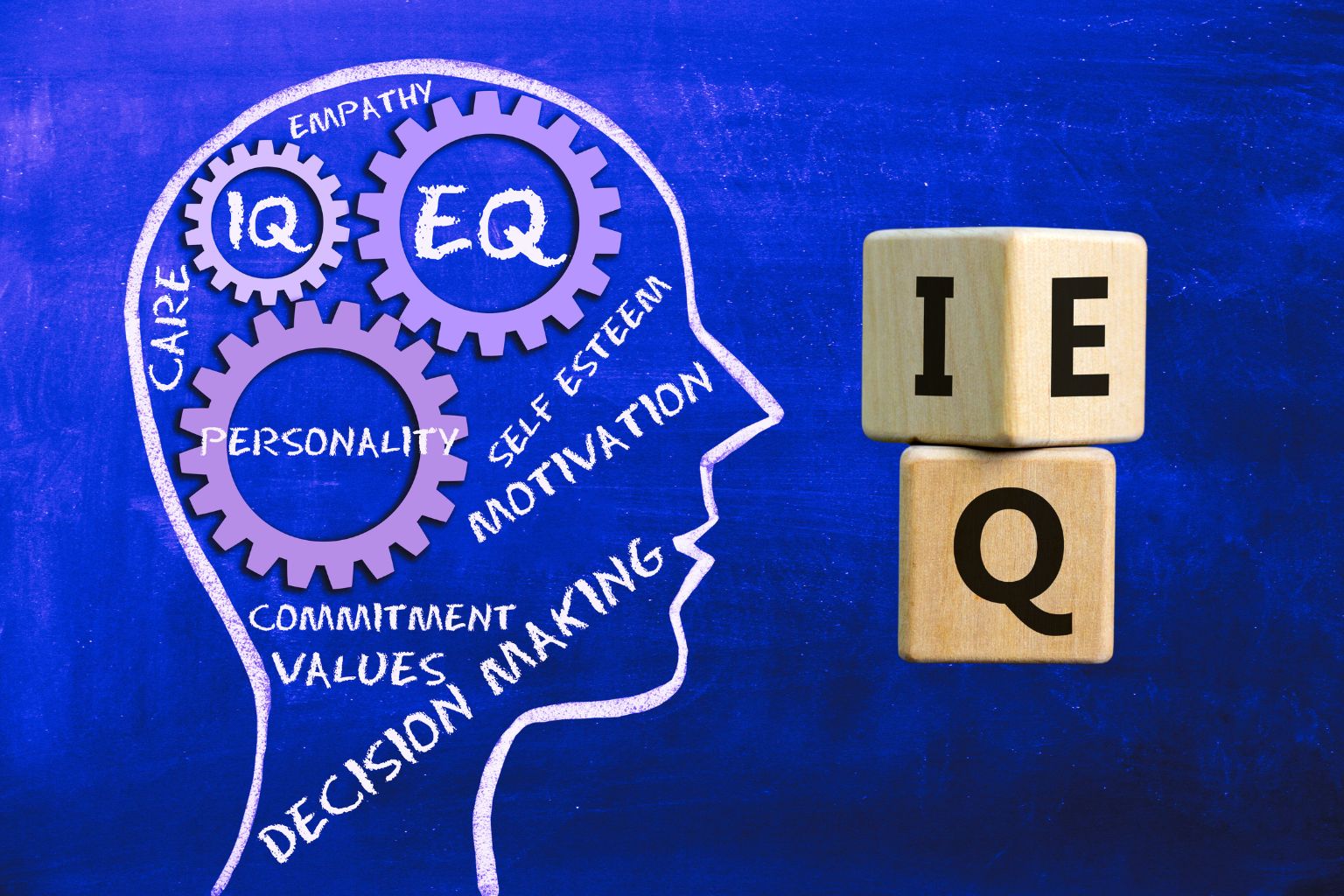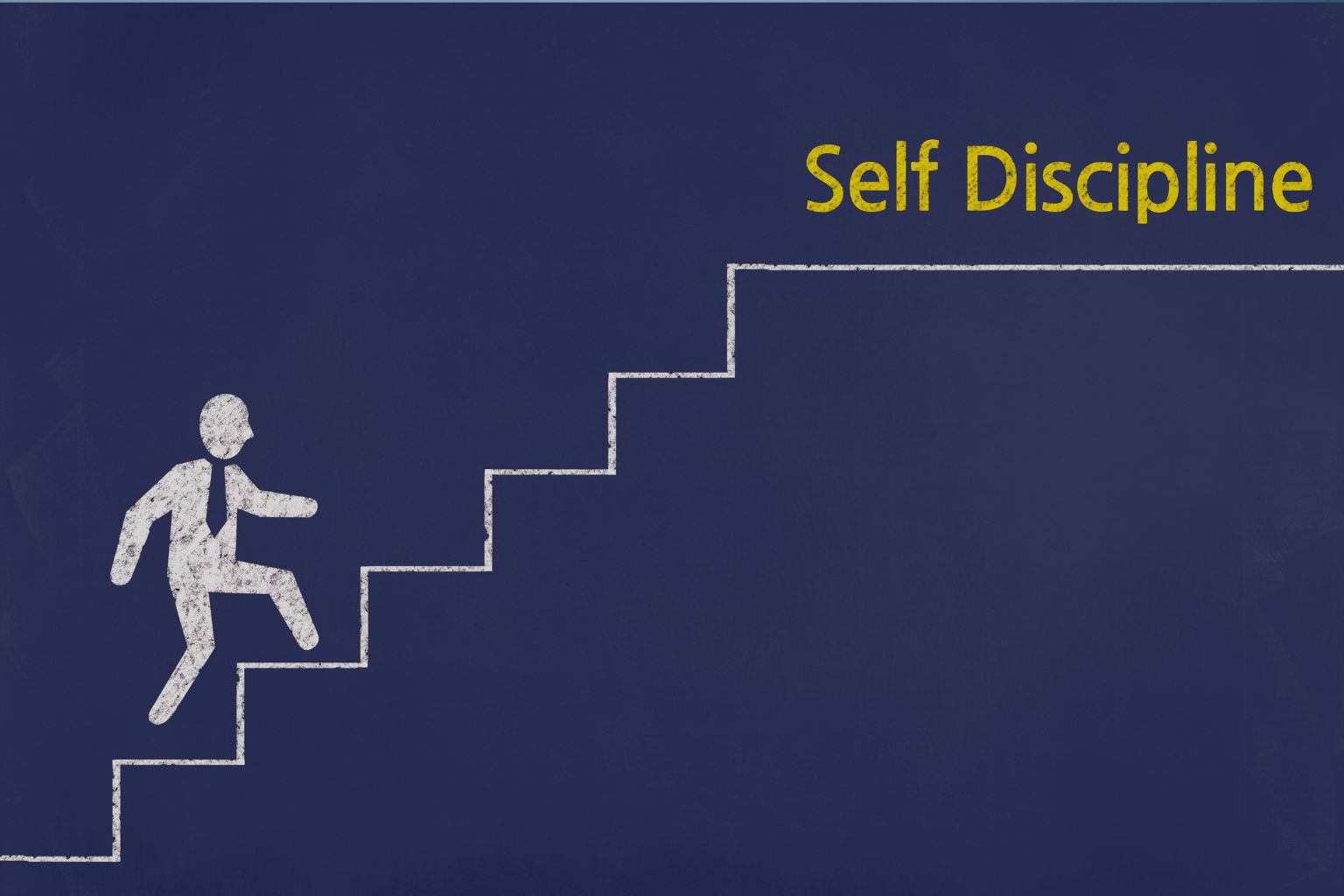Mental Discipline Reset is the intentional process of stepping back to evaluate, reorganize, and rebuild your mental habits, focus, and emotional control.
It involves recognizing when your current mindset, routines, or strategies are no longer serving your goals, then taking deliberate actions to restore clarity, motivation, and consistent productive behavior. This reset helps you break free from overwhelm, procrastination, or negative thought patterns, allowing you to reestablish the mental strength and discipline needed to move forward with purpose and resilience.
When Mental Chaos Becomes Your Norm
Have you ever caught yourself staring at your to-do list, knowing what you should do—but doing absolutely none of it?
Maybe you keep jumping between projects, hitting snooze every morning, or avoiding the mirror because deep down you know—you’re not showing up for yourself.
That quiet frustration you feel?
It’s not a lack of motivation. It’s a sign you need a Mental Discipline Reset.
Mental discipline is the foundation of all lasting success. It’s what keeps your goals alive long after the excitement fades. But like anything powerful, it can weaken over time. And when it does, your life starts to feel foggy, scattered, and out of control.
In this post, we’ll unpack the 5 most telling signs that you need a mental discipline reset, explain what they look like in real life, and show you how to reclaim clarity, consistency, and confidence.
Sign #1: You Keep Breaking Promises to Yourself
It usually starts with good intentions.
You tell yourself, “This week I’ll get serious.” You set a goal, maybe write it down in a planner or say it out loud to feel the commitment sink in. You imagine how good it’ll feel to finally make progress. But then… you don’t follow through.
Maybe you planned to wake up early to work on your side business, but hit snooze five times and told yourself you’d do it tomorrow.
Maybe you promised to stop wasting hours on social media, but once again found yourself scrolling past midnight.
Maybe you said, “No more junk food during the week,” but ended the day elbow-deep in a bag of chips, wondering why it’s always so hard to stick with what you know is right.
At first, it feels harmless. Everyone slips up, right? But when it becomes a pattern, something more damaging happens: you start to lose trust in yourself.
This is the real cost of broken self-promises. It’s not just that the habit doesn’t stick—it’s that every time you break your own word, your brain quietly records the evidence: “See? You don’t follow through.”
And over time, that becomes part of your identity.
You start approaching your goals with hesitation instead of hunger. You tell yourself you’ll try, but deep down, you don’t expect much to change. You shrink your ambitions. You lower your standards—not because you want to, but because you’re subconsciously protecting yourself from more disappointment.
This is a clear sign you need a mental discipline reset.
Because discipline isn’t just about doing hard things—it’s about keeping your own word.
And when that inner contract is broken too many times, the cracks show up everywhere: in your confidence, your energy, your progress, and even your sense of self-worth.
So why does this happen?
Because most people are still depending on motivation—that emotional high we feel when we set the goal, but that fades the moment real life gets hard. And when your habits depend on how you feel, you’ll always quit the moment you don’t feel like it. The brain is wired to chase comfort and avoid discomfort. Without mental training, it will always default to the easiest path—even if that path leads you further from your goals.
That’s why rebuilding discipline starts with learning how to act without negotiation.
Not by becoming perfect, but by becoming reliable. By showing up—not just when it’s exciting, but when it’s boring, inconvenient, or uncomfortable.
By proving to yourself, day by day, “I can trust me again.”
This one shift—regaining your own trust—can change everything. It rebuilds belief. It reactivates hope. It makes the next promise actually mean something again.
What to do next:
✅ Shrink the commitment to something you can’t fail.
Instead of “I’ll run every day,” say: “I’ll put on my shoes and walk for 5 minutes.” Build wins.
✅ Create a “Win Streak Tracker.”
Track every day you follow through—even the tiniest wins count. You’re not proving your power to others. You’re proving it to yourself.
✅ Ruthlessly protect one habit.
Pick just one. Not five. Not ten. One action you do daily no matter what. This becomes your anchor of mental discipline.
Sign #2: You Feel Busy All Day… But Never Truly Productive
You wake up already behind.
From the moment your feet hit the floor, it’s go-go-go. Notifications. Messages. Tasks. You bounce from one thing to the next, checking boxes and putting out fires. By the end of the day, you’re mentally fried—but strangely unsatisfied.
You did a lot… but did you move forward?
Maybe you had a dozen meetings, answered 47 emails, even crossed a few errands off your list. But that one important thing you said mattered—writing the proposal, filming the content, finishing the course—never got touched.
And this isn’t a one-time thing. It’s your normal.
That nagging feeling of unfinished business follows you to bed, where your mind races with everything you still haven’t done. And no matter how many hours you grind tomorrow, the gap between effort and achievement never seems to close.
This is a clear sign you need a mental discipline reset.
Because productivity isn’t about doing more—it’s about doing what matters most.
And without discipline, your brain will always default to urgency over importance.
Here’s why this happens:
The brain gets addicted to tasks that give instant feedback. Answering an email, checking a notification, completing a small chore—they feel satisfying because they’re quick wins. But real achievement requires focus, and focus requires friction. It’s hard. It takes energy. And when your mental discipline is low, your mind will dodge it by staying “busy” instead of being effective.
So even though you’re exhausted, you’re not fulfilled.
You’ve been operating from reaction, not intention.
And that’s why—even with all your hustle—you’re still not getting the results you want.
To break free from this cycle, you don’t need more hours in the day.
You need structure. Focus. Boundaries. A system that protects your priorities instead of reacting to noise.
What to do next:
✅ Identify your “One Thing” each morning
Before the day gets hijacked, write down the one task that will create the most momentum. Make it visible. Guard it fiercely.
✅ Use the 90-Minute Deep Work Block
Silence your phone. Shut down notifications. Work on your priority task for 90 minutes—uninterrupted. Set a timer. Protect this block like a sacred appointment.
✅ Create a “Not-To-Do List”
List the top 5 distractions or low-value tasks that usually eat your time. Then actively avoid or delegate them. Productivity is just as much about subtraction as addition.
Sign #3: You Struggle to Manage Stress and Get Overwhelmed Easily
Do you find yourself feeling paralyzed by stress, even over small setbacks? Maybe a missed deadline sends you spiraling. Or a minor criticism leaves you questioning everything. Instead of bouncing back quickly, you get stuck in a loop of worry and frustration.
This emotional rollercoaster isn’t just exhausting—it’s a red flag that your mental discipline needs a reset.
Why? Because strong mental discipline isn’t about never feeling stress or doubt—it’s about managing your response to those emotions so they don’t derail your progress.
Think about someone who always seems to keep calm, even when the pressure’s on. They don’t ignore stress—they acknowledge it—but then they redirect their energy back to what matters. That’s mental discipline in action.
For example, maybe you’re juggling work, family, and personal goals, and a sudden crisis hits. Instead of losing your cool or shutting down, you break down the problem into manageable steps, prioritize what’s urgent, and keep moving forward.
Contrast that with the all-too-common pattern where stress leads to procrastination, avoidance, or emotional outbursts—fueling a cycle of guilt and lost momentum.
Why does this happen?
Our brains are wired to prioritize safety and avoid discomfort. Stress triggers the “fight or flight” response, flooding the body with adrenaline. Without mental training, this response can hijack your focus and energy, leaving you feeling overwhelmed or stuck.
Resetting your mental discipline means training your brain to recognize stress signals but not be controlled by them.
What to do next:
✅ Practice mindfulness or breathing exercises daily
Even 5 minutes can help calm your nervous system and improve emotional control.
✅ Break problems into bite-sized actions
When you feel overwhelmed, write down the next three small steps you can take. Action reduces anxiety.
✅ Create a “stress action plan”
Prepare a personal routine for high-stress moments—maybe it’s stepping outside, journaling, or calling a trusted friend.
✅ Set healthy boundaries
Learn to say no or delegate tasks that overload you. Protect your mental space.
Sign #4: Blaming Others or Believing You Have No Luck
When challenges pile up, it’s tempting—and easy—to look outward for answers. Maybe you find yourself blaming your boss, your circumstances, or just “bad luck” for where you are right now. It feels safer to believe the world is against you rather than to confront uncomfortable truths within yourself.
But here’s the catch: avoiding honest self-reflection is a classic sign that your mental discipline is off track and needs a reset.
Why?
Because growth demands ownership. Without it, you stay stuck in the victim mindset—powerless to change your story.
Imagine someone stuck in a dead-end job. Instead of exploring what they can control—skills to develop, networking, mindset shifts—they blame their manager or the economy. Over time, that external blame numbs the motivation and action required to improve.
Or think about a person who wants better health but says, “I’m just unlucky with metabolism” or “my family is cursed with bad habits.” These beliefs deflect responsibility, so no real change happens.
Why does this happen?
Blame and externalization are defense mechanisms. They protect your ego from discomfort and shame. But they also keep you mentally stuck.
Thoughtful self-reflection is not about self-criticism or shame. It’s a powerful tool that lets you:
- Identify habits and beliefs that hold you back
- Celebrate small wins and progress
- Recognize patterns that need breaking
- Plan focused action based on real insights
What to do next:
✅ Practice daily journaling focused on honest self-check-ins
Write down what went well, what didn’t, and what you can improve—without judgment.
✅ Ask empowering questions
Instead of “Why me?” try “What can I learn here?” or “What is within my control?”
✅ Seek feedback from trusted mentors or peers
Sometimes others see our blind spots better than we do.
✅ Shift from blame to curiosity
View obstacles as puzzles to solve, not punishments.
Taking responsibility may feel uncomfortable, but it’s the gateway to mental discipline and true success.
Sign #5: You Feel Overwhelmed and Paralyzed by Too Many Priorities
Do you often find yourself juggling a dozen tasks, goals, or responsibilities, but struggling to make real progress on any of them? Feeling pulled in every direction, unable to focus, and stuck in a state of overwhelm? This is a strong sign that your mental discipline needs a reset.
Why does this happen?
When you spread your energy too thin, your mind becomes cluttered. Instead of making focused progress, you get caught in analysis paralysis—overthinking every decision, doubting your abilities, and fearing failure. The result? You freeze, procrastinate, or jump from one unfinished task to another.
Picture someone trying to start a business, study for exams, maintain relationships, and improve fitness—all at once. Without clear priorities, they end up exhausted and frustrated, making little headway in any area.
Or think of a professional overwhelmed by emails, meetings, side projects, and personal commitments. The lack of clear boundaries causes burnout and decreased productivity.
Why is this a sign of weak mental discipline?
Because strong mental discipline requires clarity and focus. It’s about knowing what matters most and dedicating your limited time and energy to those priorities consistently.
What to do next:
✅ Simplify your goals
List all your commitments, then choose the top 2-3 that align best with your long-term vision. Say “no” or postpone others.
✅ Break goals into manageable steps
Large goals become less intimidating when divided into daily or weekly actions.
✅ Use time blocking
Schedule focused periods for your highest priority tasks, minimizing distractions.
✅ Practice saying no without guilt
Protect your mental space by setting clear boundaries.
✅ Regularly review and adjust
Check in weekly to reprioritize and celebrate progress.
By reducing overwhelm and sharpening focus, you rebuild mental discipline and regain control over your success journey.
So… What Exactly Is a Mental Discipline Reset?
A Mental Discipline Reset is more than a fresh start.
It’s a total realignment of:
- Your mindset
- Your focus
- Your routines
- Your internal compass
It’s about reclaiming control over your time, your energy, and your outcomes.
And it’s something every high achiever does—on purpose.
You don’t wait until you crash. You reset before the burnout. You check yourself before you drift too far.
How the Mental Discipline for Success Kit Helps You Reset
Resetting your mental discipline isn’t just about willpower—it requires a clear, step-by-step process that guides you through rebuilding your focus, motivation, and habits. The Mental Discipline for Success Kit is designed to provide that structure, acting as a comprehensive roadmap to help you identify where you’ve lost your way and how to regain control.
The kit offers practical tools that help you track your mindset shifts daily, allowing you to see your progress in real-time instead of feeling stuck in frustration. It encourages consistent reflection on your thoughts and actions, helping you spot patterns that lead to distractions or procrastination. This kind of mindful awareness is crucial for a true reset because it moves you from reacting unconsciously to acting intentionally.
In essence, this kit supports your reset by providing clarity, structure, and actionable steps that transform mental discipline from an abstract concept into a daily lived experience.
The Mental Discipline for Success Kit was built specifically for this. It gives you a step-by-step reset system designed to rebuild your discipline from the inside out.
The Mental Discipline Reset: Your Breakthrough Moment
Recognizing these 5 signs is not a failure—it’s a powerful moment of clarity. Awareness is the first step toward transformation, and it’s your greatest strength.
Right now, you stand at a crossroads:
You can keep running in circles, stuck in frustration and old patterns…
Or you can choose to pause, take a deep breath, and intentionally reset your mental discipline.
This reset isn’t about forcing motivation or relying on willpower alone. It’s about creating the structure, clarity, and mindset tools that put you back in the driver’s seat of your life.
The good news? You’re not alone on this journey. Many have faced this challenge and come back stronger with the right guidance and support.
If this post resonated with you, share your thoughts below—what sign stood out most? How are you planning to reset? Your story could inspire someone else taking the same step.
And if you’re ready to take the next step, join our Mental Discipline Community. Connect with like-minded people who are committed to growth, share your wins, get accountability, and access exclusive resources to keep your reset on track.
Remember, every breakthrough begins with a single intentional step. Make today your reset day.
















Share it!